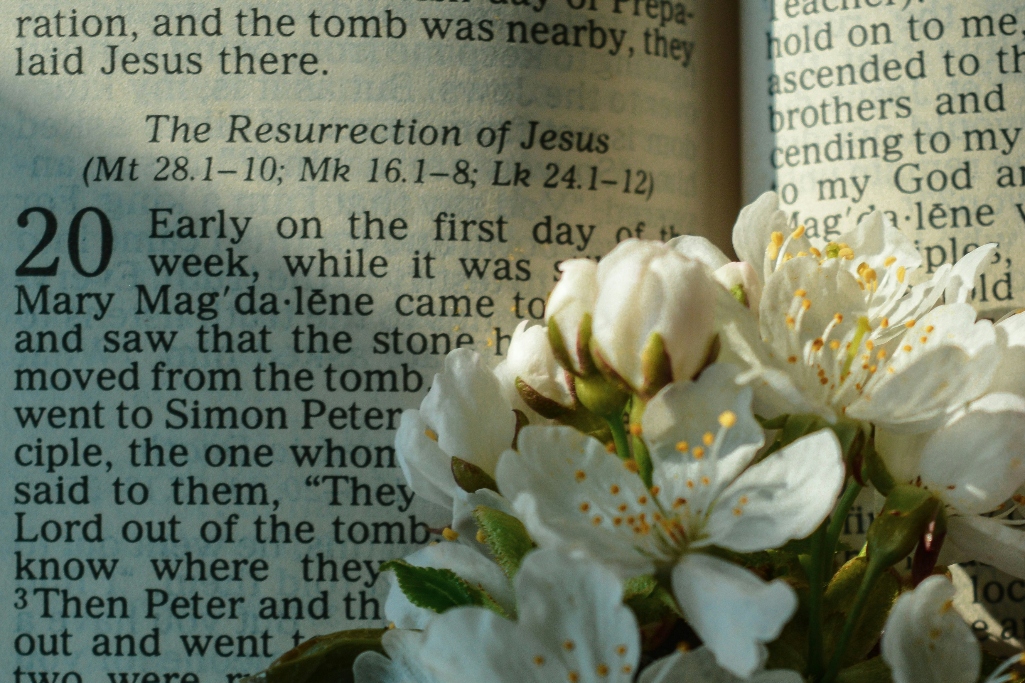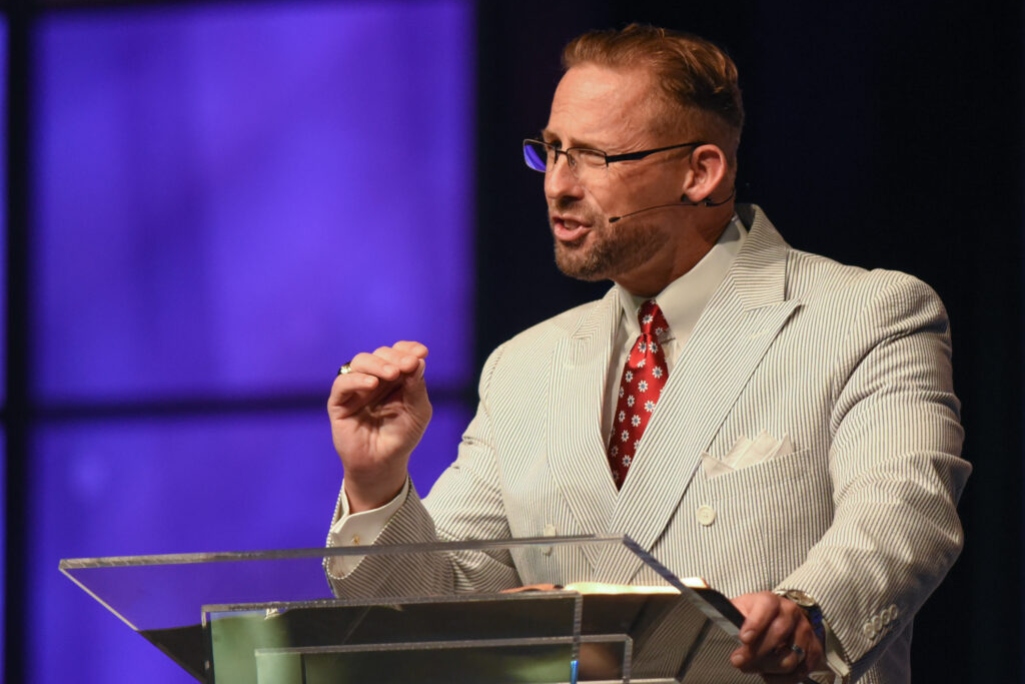(EDITOR'S NOTE: Please see Les Puryear's guest column that he submitted to the Recorder. Puryear is pastor/church planter at Cornerstone Community Church in Lewisville.)
Is there a Calvinist agenda to reform traditional Southern Baptist churches?
Les [Puryear] and I agree in three important areas. First, neither of us embraces the Calvinist understanding of salvation. I’ve written extensively about the subject where I’ve argued against the typical Calvinist doctrines of limited atonement and irresistible grace. My view of salvation is closer to what he calls “the traditional Baptist view” (with a few notable exceptions) than to the five points of Calvinism (TULIP) that he enunciated.
Second, both of us agree that pastor search committees need to be better informed about the theological issues of the day. Some have claimed they were misled by pastoral candidates when actually they didn’t understand fully the answers they were given.
And third, we both believe that pastoral candidates must present their views with candor and integrity. They need to tell prospective congregations where they stand on issues such as the inerrancy of scripture, gender roles in the home and in the church, church governance matters (i.e. plurality of elders versus the single elder model), and of course, where they stand with respect to the five points of Calvinism.
Les and I strongly disagree on one point: he intimates that Southeastern Baptist Theological Seminary (SEBTS) is complicit in a Calvinist attempt to takeover [Southern Baptist Convention] SBC churches. Absolutely not. Perhaps others have such a scheme; SEBTS does not.
Even though he doesn’t say so explicitly, Les seems to imply that Southeastern is a major player in a Calvinist coup when he warns that a “majority of these Southern Baptist Calvinist pastors are coming from Southern Baptist Theological Seminary (Louisville, Ky.) and Southeastern Baptist Theological Seminary (Wake Forest, N.C.).” Does Southeastern have Calvinists on its faculty? Yes, as do all six SBC seminaries.
Calvinism is a part of our Baptist heritage, so Calvinists deserve a place at the SBC table. But the majority of faculty at SEBTS do not subscribe to TULIP. And we have no faculty members who evangelize more for John Calvin than they do for Jesus Christ. Puryear also seems to assume that the typical rural church in North Carolina is a “traditional” Baptist church (“traditional” as defined recently in a statement published by Eric Hankins). Maybe; maybe not. During the 10 years I have lived in the Carolinas I have had the opportunity to preach in many rural churches. Instead of finding many “traditional” Baptist churches, to my dismay I have encountered numerous churches with practically no theological moorings at all. Many historic churches have had pastors who held to a low view of biblical authority with few doctrinal commitments, and the results have been very damaging. Without apology I contend that I would rather see the pastorate of those churches filled with mission-minded, Spurgeon-type Calvinists than to have those congregations remain in the theological murkiness in which many are wandering.
Southeastern Seminary does have an agenda – the Great Commission. When we say that SEBTS is a Great Commission school we are not pitting obedience to the Great Commission against commitment to doctrine. Quite the opposite: few things are more doctrinal than the Great Commission. The Great Commission entails certain powerful theological truths: all humanity is lost and is in need of salvation, Jesus Christ is the only Savior, people can get saved only if they hear the gospel, and our Lord has commanded us to preach the gospel to everyone in the world. These are the truths that motivate us.
Every professor at Southeastern, without exception, affirms these Great Commission truths (and those faculty members who have theological affinity with the teachings of John Calvin would not subscribe to the five points the way Puryear presents them). Every professor affirms that God loves the world and every human being in it. Every faculty member believes that God genuinely desires the salvation of all.
Everyone teaching at Southeastern affirms that the blood of Christ is sufficient to save every man, woman and child who’ve ever lived. We all believe that every person who hears the gospel has a genuine opportunity to be saved and has only himself to blame if he rejects it. Every one of us is broken hearted by the lostness of humanity and by the reality that lost people go to hell. We believe in and practice soul winning.
Any faculty who taught otherwise would find himself or herself giving an account to Dr. [Danny] Akin and me. The [SBC] exists for the purpose of enabling churches to collectively obey the Great Commission. We at Southeastern take seriously our role in fulfilling that mission. SEBTS has one mission and one mission only: to glorify the Lord Jesus Christ by equipping students to serve the local church and fulfill the Great Commission. That is our agenda.
(EDITOR’S NOTE – Ken Keathley is senior vice president of academic administration/dean of faculty at Southeastern Baptist Theological Seminary.)
Opposing view: Is there a Calvinist agenda
to reform traditional
SBC Churches?


